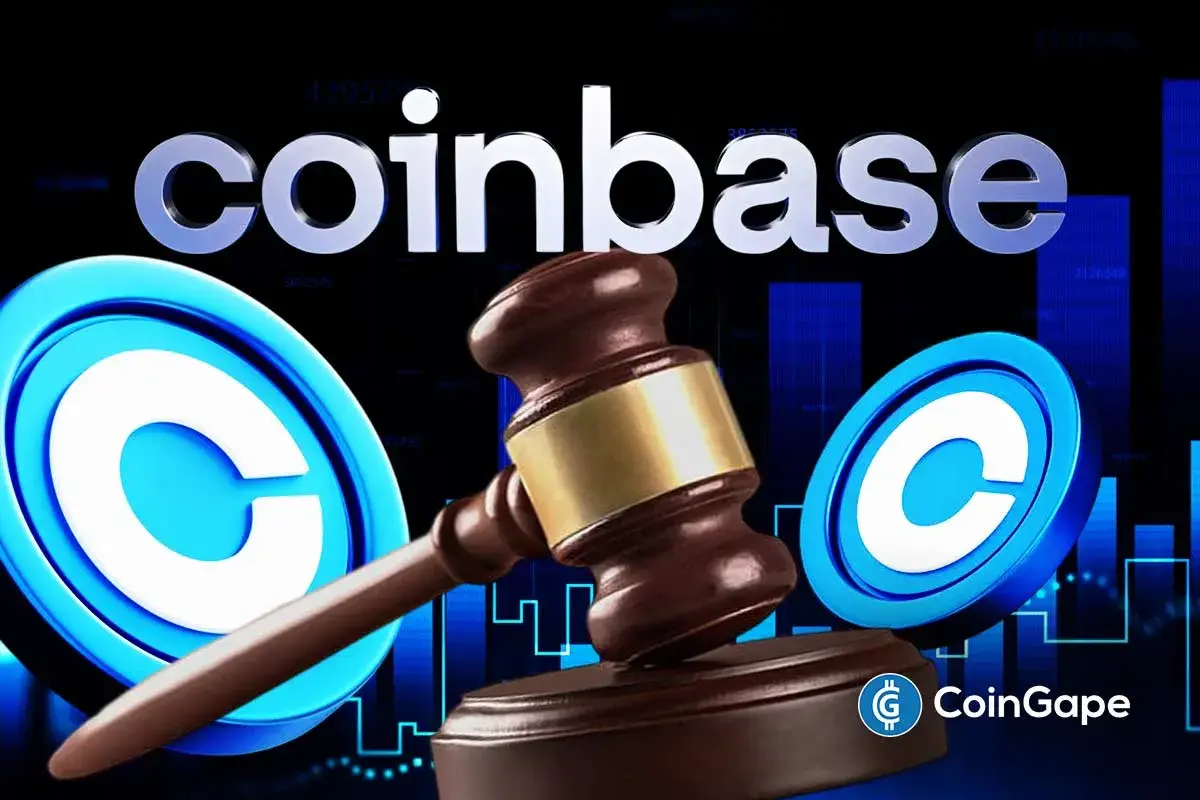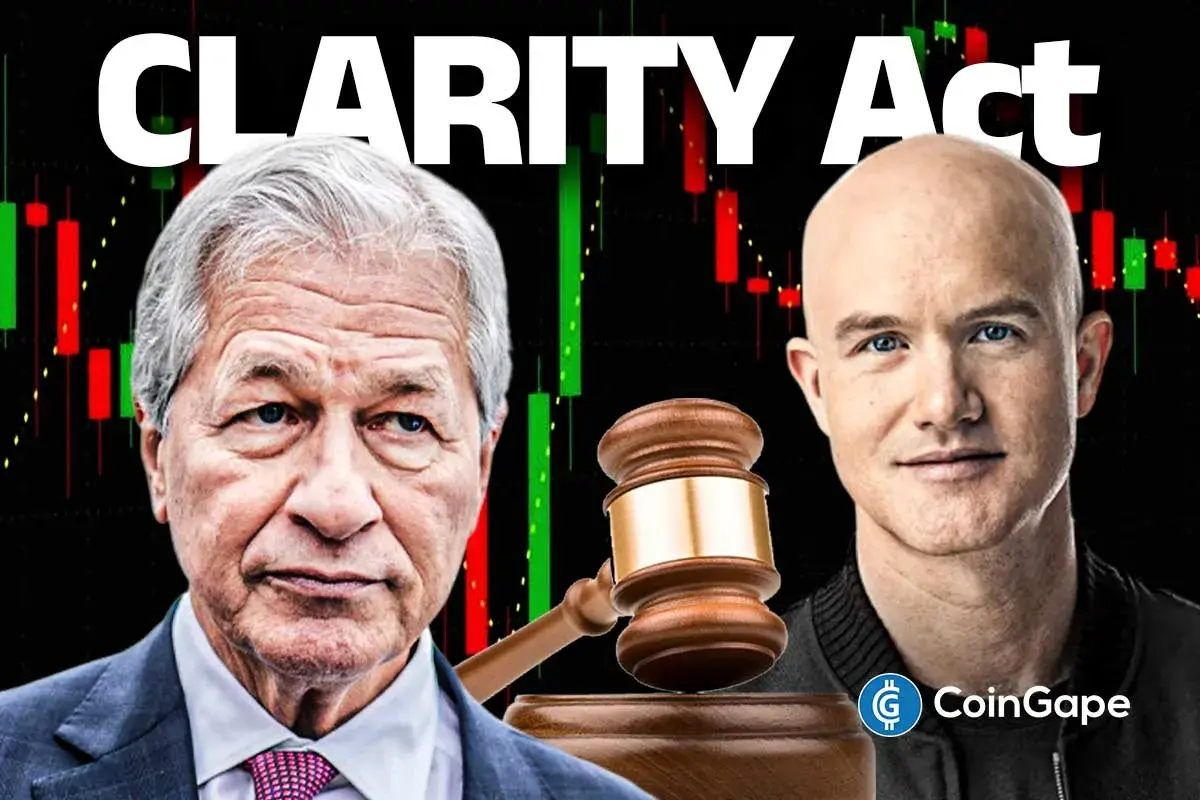Coinbase Escalate Efforts For FDIC Crypto Guidance Records In FOIA Lawsuit

Highlights
- Coinbase has filed an anticipated cross-motion in its case with the FDIC.
- The company highlighted reasons for the FDIC’s wrong approach.
- Crypto users look to remove roadblocks for pro-industry regulations.
Coinbase filed a notice of anticipated cross-motion in its cases against the Federal Deposit Insurance Corporation (FDIC). Both parties agree that summary judgment is the appropriate course in terms of Freedom of Information Act (FOIA) actions. Digital asset enthusiasts look to clear up roadblocks to pro-industry regulations.
Coinbase Files Anticipated Motion
The case between History Associates and the FDIC has seen another development with the plaintiff stressing its case. In a new filing, the plaintiff highlighted reasons why the FDIC did not comply with the law. Coinbase filed an action against the FDIC requesting letters under the FOIA Act. However, the Corporation denies Coinbase attempts citing exemption under the act.
In 2023, the FDIC sent letters to several financial institutions to pause crypto activities which limited the sector’s growth. Coinbase retained the services of History Associates seeing the pause letters which have been denied by the FDIC. According to the filing, the plaintiffs submitted an anticipated motion based on the nature of the case.
“FOIA cases typically and appropriately are decided on motions for summary judgment.” Media Research Ctr. v. U.S. Dep’t of Justice, 818 F. Supp. 2d 131, 136 (D.D.C. 2011). The court deciding such a motion “conducts a de novo review of the record” and “must analyze all underlying facts and inferences in the light most favorable to the FOIA requester.”
Exchange Opposes FDIC Stance
Coinbase Chief Legal Officer Paul Grewal wrote on X (formerly Twitter) that the public is entitled to all letters sent to financial institutions related to the pause on crypto activities. The exchange argued that the only exception cited by the FDIC does not apply in the present case adding that the body sent the letters not to regulate but to cripple the market.
An update in our FOIA litigation against the @FDICgov: today we filed this notice of anticipated motion. In short, the public is entitled by law to every letter the FDIC sent to any financial institution “suggesting” that they indefinitely “pause” crypto-related activities. We… https://t.co/ioUkkB4lLn
— paulgrewal.eth (@iampaulgrewal) September 4, 2024
Furthermore, even if parts of the letters can be exempted, the FDIC cannot withhold all parts in their entirety pointing to its responsibility to produce “reasonably segregable”, non-exempt portions of the letters. In another development, Paul Grewal slammed the SEC over its warning against FTX paying creditors stablecoins.
- XRP News: XRPL Activates Permissioned DEX Upgrade to Boost Institutional DeFi Adoption
- WLFI Token Sees 19% Spike Ahead of World Liberty’s Mar-a-Lago Forum Today
- Veteran Trader Peter Brandt Predicts Bitcoin Price Rebound, Gold Fall to $4000
- Peter Thiel Exits ETHZilla as Stock Slides 3% Amid Token Launch
- Bitwise, Granitshares Eyes $63B Sector With New Prediction Markets ETF Filing
- Will Sui Price Rally Ahead of Grayscale’s $GSUI ETF Launch Tomorrow?
- Why Pi Network Price Could Skyrocket to $0.20 This Week
- Pi Network Price Beats Bitcoin, Ethereum, XRP as Upgrades and Potential CEX Listing Fuels Demand
- 5 Things Dogecoin Price Needs to Hit $0.20 in Feb 2026
- Bitcoin Price Prediction as Experts Warns of Quantum Risks
- Dogecoin, Shiba Inu, Pepe Coin Price Predictions As BTC Crashes Below $68k


















